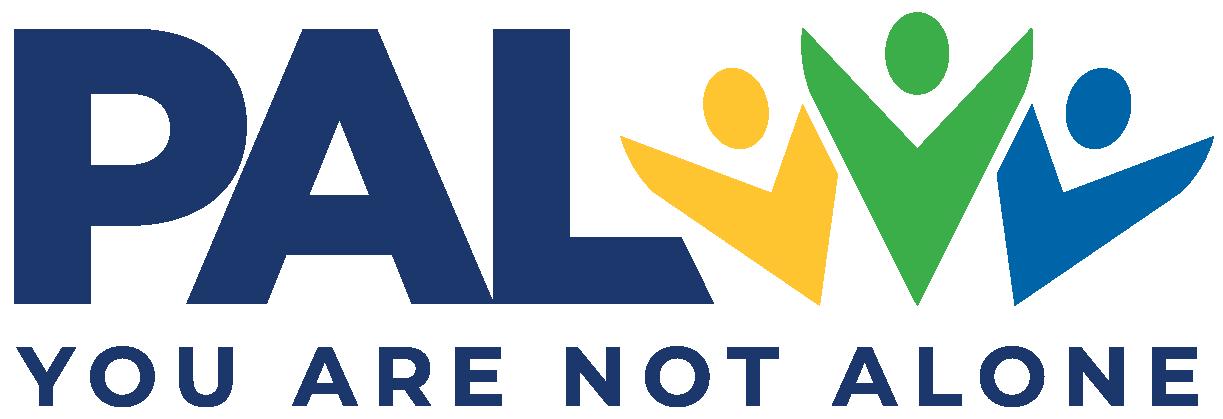
As a therapist working with those struggling with addiction, it is hard to watch family members not knowing what to do. Always wondering, “Where did I go wrong?” Although I do not have a loved one who’s battled the beast, I have worked with hundreds, if not thousands of people who have loving family members who are at a loss. There may not be an answer to why your loved one is battling addiction, but there are solutions and answers to what you can do to help them.
“It is not your fault.” Five words that are simple, yet very difficult to understand. Arguably the most important part of helping a loved one is to not blame yourself. Your loved one did not choose to suffer from addiction, but they might choose to not get help. That is not your fault. When your loved one was a stubborn toddler, if they were anything like my children, they would test limits, try to get away with things and flat out not listen. People need to learn lessons for themselves. Although it is important for you to take accountability for mistakes you made, their issues with addiction and their choices are simply not your fault. Once you have accepted that, you have helped yourself and are now ready to help them
Boundaries. This is the most important way to help your loved one. In the movie, Beautiful Boy, as Steve Carrell talks to his son on the phone, he begs his dad to not make him go to rehab. Steve Carrell’s character does not let him come home. He sits in agony as he tells his child “No.” He breaks down in tears after doing the hardest thing that he has ever had to do – set healthy boundaries with his son. In that story, that is what it had come to and It is something you may have to do too – healthy boundaries are what can and will make a real difference. By enabling, we con Inadvertently keep loved ones sick. By giving them money, or letting them use because we think “it is safe at my house” actually just keeps them using. You can love and support without enabling. By setting appropriate boundaries now, your loved ones will not like it, but that is many times how you know you are doing it correctly. You know its a boundary when something bumps up against it.
It is also imperative to do your best to have everyone on the same page when dealing with your loved one. Consistency will make all the difference in the world. What I want you to know: You CAN do this. It will not be fun; it will not be easy. But you will be so grateful you did. And eventually, so will they.
Stay strong,
Michael Dixon, LPC
